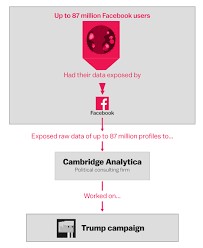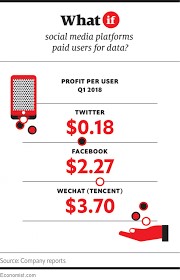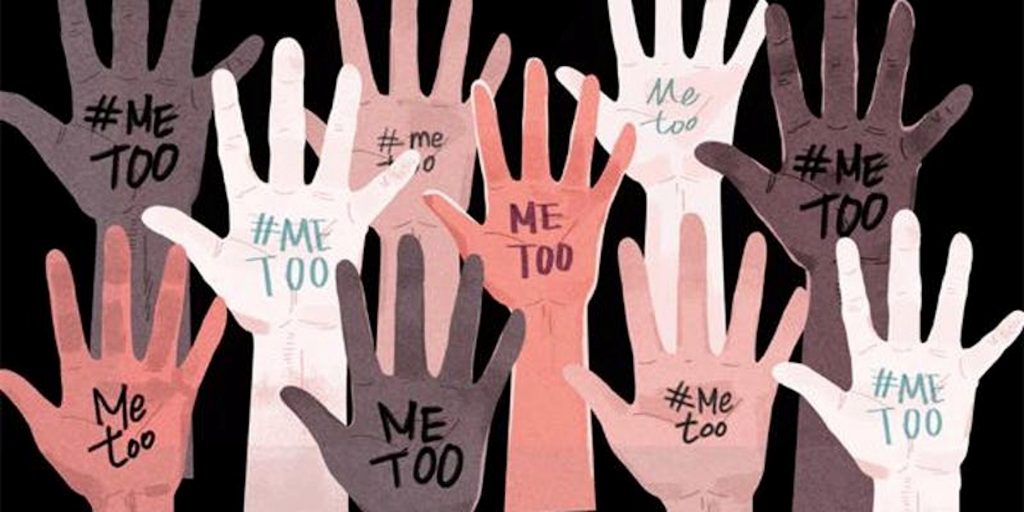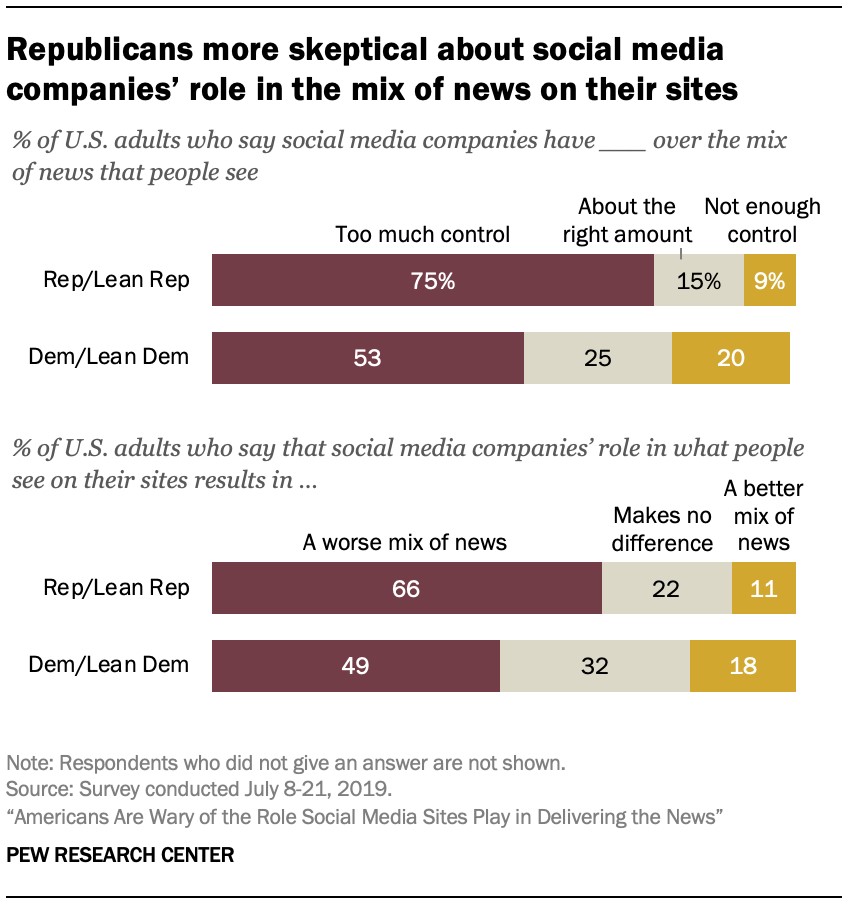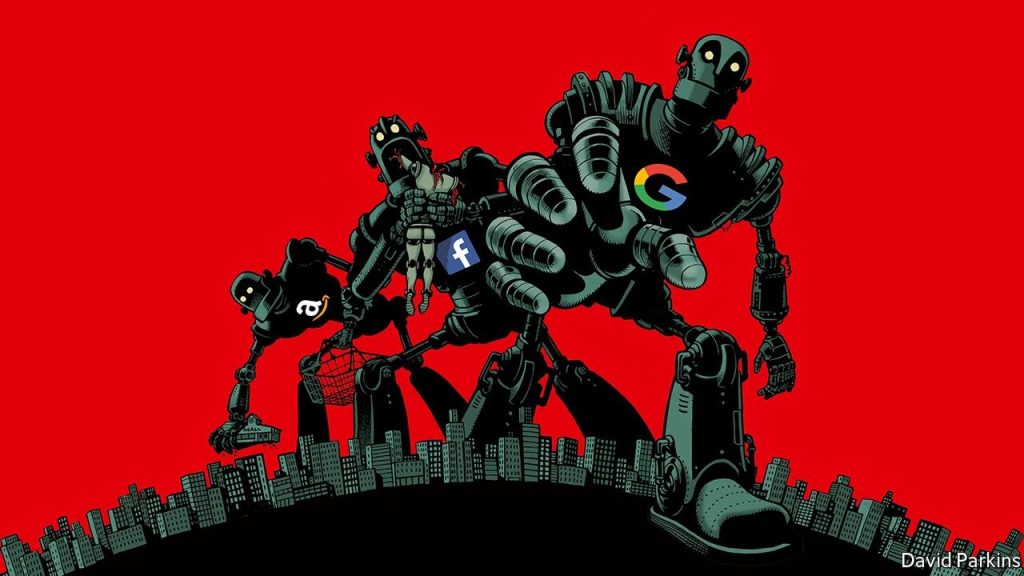Anteri Pastila
This blog post was produced as part of the course “Social Media, Ideologies, and Ethics in the United States” at the University of Turku.
The best thing about social media is that it gives everyone a way to voice out their opinions and thoughts. The worst thing about social media is that it gives everyone a way to voice out their opinions and thoughts.
I have often quoted the observation by philosopher David Hume: “[A]s FORCE [sic] is always on the side of the governed, the governors have nothing to support them but opinion.” That is to say that especially in today’s society, the population is controlled by controlling their opinion, and, when it comes to social media, it is easy to see that social media is just one more corner of society that can be controlled. I must note that there are many ways social media can be controlled, ranging from taxation of the tech giants to controlling the material allowed on these platforms. I will focus on the latter.
Jeff Jarvis draws a parallel between aims to control harmful speech today and aims to control porn in the past, claiming that “[b]oth are wars over speech.” Jarvis’ article raises a central issue: how to define harmful speech? And who is to define it? Personally, I do not think harmful speech can be clearly defined; there are simply too many factors at play in each (potential) case. Jarvis posits yet another question: “[w]ho is being protected?” I have observed that argumentation in support of legislation that would affect speech is often accompanied by concern for different groups of people. This has been the case with political correctness, where the primary concern used to be the violation of Christian morals within the general population, and nowadays it is mostly about the position of ethnic and racial minorities. There are many sentiments, including one in Jarvis’ article, which describe these concerns as elitist. The idea is that a group cannot fend for itself, and that they need “me” to fight for them. In another words, that group is weak, and “I” am strong. Furthermore, this line of thinking aims to preserve the power dynamic between these entities. As benevolent as these concerns may be, they do not necessarily seek to equalize the society. The similarities between political correctness and calls to control harmful speech online are uncanny.
One aspect of the call for censorship is the underlying assumption that deplatforming actually removes the problem. It does not. The users of the banned medium or website can simply start using another website. “Out of sight, out of mind” goes the proverb. Perhaps so, but the (perceived) problem still remains. Let me quote Stephen Fry: “I believe one of the greatest human failings is to prefer to be right than to be effective.” Fry said these words in a debate on political correctness, but they fit in this context as well. It is fine for policies to have a goal of making things right. However, that should not be their first priority. The policies should, first and foremost, aim to be effective. Fry adds further: “Progress is not achieved by preachers and guardians of morality, but […] by madmen, hermits, heretics, dreamers, rebels, and sceptics.”
In the end, most of this comes down to personal freedoms. Regarding these freedoms, my favourite stand-up comedian George Carlin once mentioned that American citizens having rights is an illusion. He used the example of Japanese-Americans in 1942 to argue that these rights can always be taken away, in which case they are not rights, but privileges. “And”, Carlin said, “if you read the news even badly, you know that every year, the list [Bill of Rights] gets shorter and shorter and shorter.” Unfortunately, it would seem that the “governors,” to employ Hume’s expression, have been prevailing for a long time.
Sources:
Carlin, George. 2008. It’s Bad For Ya; You Have No Rights. Atlantic Records. Accessed online: https://open.spotify.com/album/7ylXUHXIapLAsGfjPo3JCB (Listening requires an account.)

